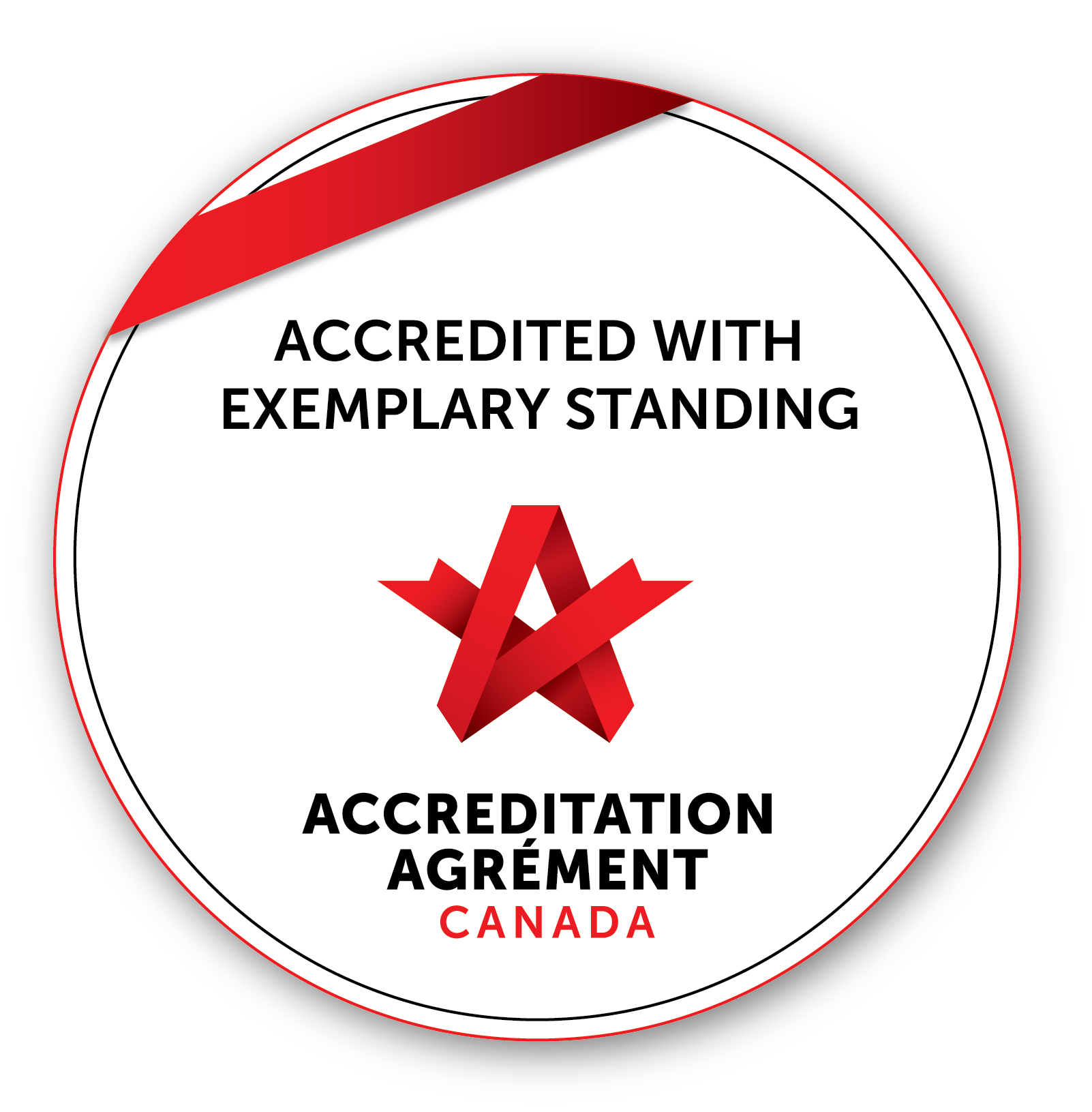A surgical safety checklist is completed by the Operating Room team (nurses, surgeons, anaesthesiologists, and others), before and after a surgical procedure to discuss important details about each surgical case.
Surgical Services
A highly qualified team of surgeons, nurses, anesthetists and other healthcare professionals support a diverse range of surgical procedures on a scheduled or emergency basis.
- 24 hours a day, seven days a week
- Telephone: (519) 941. 2410 x2232
- Location: On the main level of HHCC – down the hall from Diagnostic Imaging
Services Offered
Plastics Ophthalmology General ENT Orthopedic Endoscopy Gynecology Urology
Four General Surgeons provide coverage for 24-hour emergency care at HHCC.
Surgical subspecialties at HHCC include:
- Dental
- Endoscopy
- ENT
- General Surgery
- Gynecology
- Obstetrics
- Opthalmology
- Orthopedics
- Plastics
- Urology
Pre-op Clinic
The Preoperative Clinic is located in the Ambulatory Care Unit on the main level at HHCC. The clinic is designed to assess and educate patients who are scheduled for surgery. In addition, patients have an opportunity to ask questions, discuss their needs both before and after surgery and how they can best plan for their return home.
Based on your medical history and planned surgery, your surgeon will determine your need to visit the Preoperative Clinic.
Anesthetic Assessment Clinic
The Anesthetist helps you to prepare you for surgery, understand your anesthetic options including post-operative pain management.
Your assessment will include:
- review of your medical history
- physical assessment if required
- discussion of an appropriate anesthetic based on your condition and surgical procedure
Admission
On the day of your scheduled surgery, please proceed inside the entrance for Ambulatory Care on the east side of the hospital. In order to prevent any delays, please ensure that your Ontario Health Card is readily available.
After checking in, you will be directed to the Surgery Waiting Room located on the main level.
At admission, you will meet with a nurse who will ensure that you're prepared both physically and emotionally for your procedure. Our primary goal is to ensure that you feel comfortable about your surgical experience, therefore, please do not hesitate to ask any questions that you may have.
You will also be asked to provide information on:
- your medical history
- current medications, supplements and herbal remedies including dosage and frequency
- allergies
- special needs i.e. hearing aids
For your safety, all Day Surgery patients are not permitted to drive home and MUST have someone available to stay with them overnight after receiving and anesthetic.
Day Surgery patients must ensure the person driving them home remains in the hospital during their procedure.
Operating Room
We are committed to patient safety and high-quality care which is enhanced through the attention to surgical site infection monitoring and reporting; the completion of the Surgical Safety Checklist for every patient during their surgery or procedure; and maintaining Canadian Standards Association (CSA Standards) for medical device reprocessing.
Recovery
Following your surgery, you will recover in an area call the Post Anesthesia Care Unit (PACU) or Recovery Room. Registered Nurses with specialized training in post-anesthesia care will ensure that you recover safely and provide you with comfort and support.
The time you spend in PACU will vary depending on your needs and your nurse will continuously monitor your condition until you are ready to be transferred to an inpatient bed or to the Day Surgery Unit.
Day Surgery
Some elective surgeries and procedures require a short recovery period; therefore, you will be discharged from the Day Surgery Unit. Your family will be invited to sit with you while you receive your post-operative instructions provided by your health care team. You will be informed on how to follow up with your surgeon and you may be given prescriptions for medications and special instructions as required.
Endoscopy
Elective endoscopic procedures (gastroscopies and colonoscopies) are scheduled within the Surgical Department in the special procedures room Monday to Friday from 8:00AM - 4:00PM. We also perform emergency endoscopic procedures after hours.
You asked – we answered
Here are the answers to some of the most commonly asked questions we receive about our Surgical Services from patients, families and caregivers in our community.
What is a surgical safety checklist?
What information is included in a surgical safety checklist?
Before you have your surgery you will be asked some questions as part of a safety checklist process. You may also hear doctors and nurses in the operating room confirming information. Don't worry, this is part of the routine to ensure the delivery of safe patient care. The surgical safety checklist is used by your health care team before, during and after your surgery to help the health care team familiarize themselves with your medical history and any special requirements that may be needed for your individual case.
Why am I asked so many questions?
An important part of providing safe care is confirming each patient's identity with two or more identifiers. an identifier may be you confirming your correct name and spelling, date of birth, health card number, or other piece of identification. If you have questions about any information or questions being asked, don't hesitate to ask.

 We are dedicated to safe, high-quality care, Headwaters is proudly accredited with Exemplary Standing.
We are dedicated to safe, high-quality care, Headwaters is proudly accredited with Exemplary Standing.